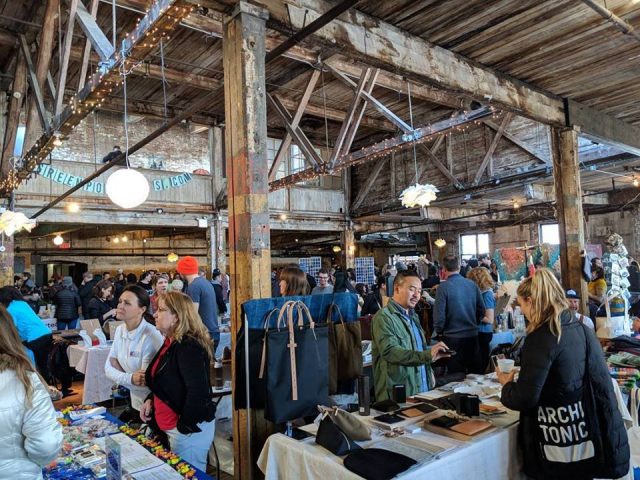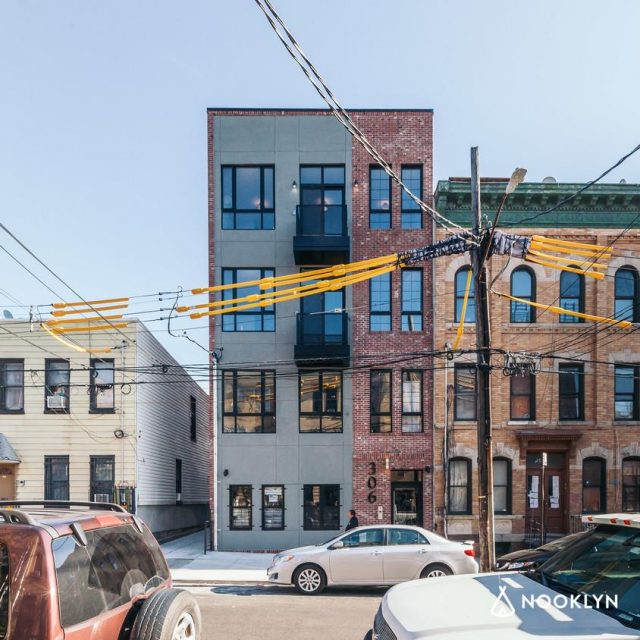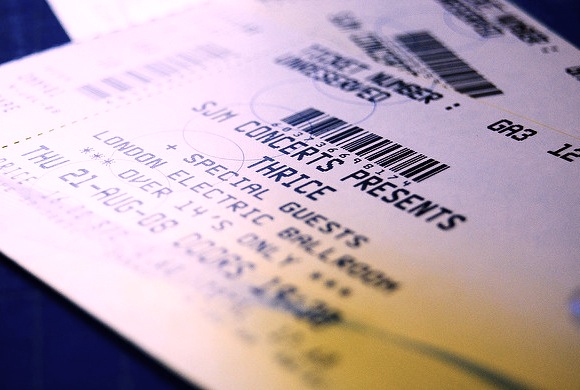
It’s inescapable: no matter where you’re buying your tickets online, the face value you’re shown at first is never the amount you end up paying at checkout time. Sizable service fees, lazily attributed to “maintenance” or “processing,” can add anywhere from a couple dollars to the price of an entire meal to your purchase.
While it’s no secret that Ticketmaster is a profit-seeking enterprise out to gouge customers and corner the market, what about the smaller companies that you’re using every day for local indie theatre, music and comedy? Are they gouging too? Who’s really to “blame,” if at all, for the extra money you’re shelling out when you buy? We caught up with a few of New York’s most prevalent online ticketing services, Ovation Tix and Brown Paper Tickets, to get some answers about what those ticket fees are actually used for.
First of all, if you’re looking for a scapegoat, there isn’t one. As it turns out from our conversations with Ovation Tix’ Gretchen Shugart and Brown Paper Tickets’ Victor Chovil, there are a number of places those fees could be coming from. There can be “processing fees” for credit card transactions via the banks, “restoration fees” going back to an old theater looking to renovate, or just “maintenance fees” that pay the salary of employees who work at the ticketing company itself. For example, the 3.5 percent fee per ticket purchase on Brown Paper Tickets goes directly to the banks for credit card processing, while an additional 99 cents goes back to the company.
“It has to come from somewhere,” said Victor Chovil, 26, a community outreach director for Brown Paper Tickets. “We get calls all the time and people say, ‘Hey, what is this fee for?’ My response is, ‘Well, you’re talking to me right now. This is a 24-hour call center employing dozens of artists.”
_________________
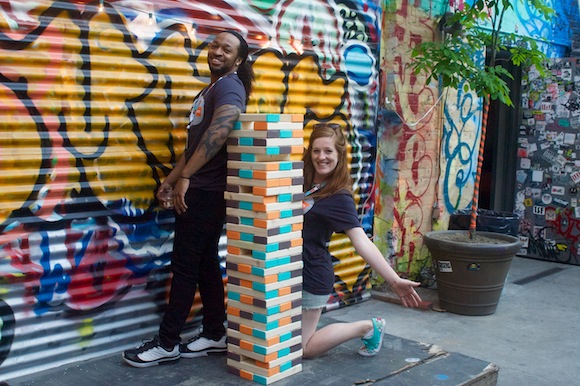
Chovil also said that ‘fees’ can occasionally be tucked away in the base price of admission. “Event producers want to avoid bank fees and venue fees, and one way to do that is to pass it on to the customers by lumping it in with the ticket price.”
In other words, even a smaller fee could be an indication that the ticket price is already swollen with overhead costs.
As irksome as it may be to hear that you’re paying producers’ tabs, it’s not a surprising revelation. Moreover, the stealthy “culprits” in this case are still just theatre companies trying to break even, or bands paying for gas to do their tour. It’s not Big Pharma, and it’s not Madoff (or MSG). It’s art that costs money.
___________
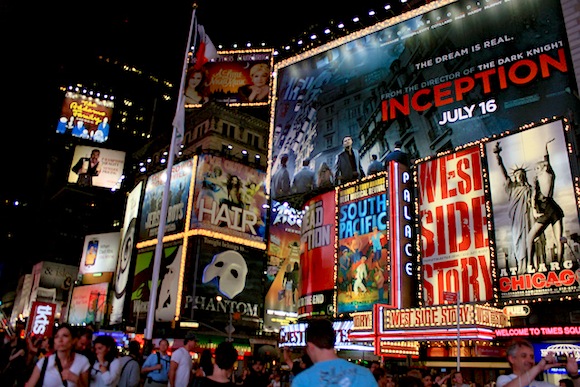
“Producers are trying to keep prices as low as possible,” said Gretchen Shugart, 54, CEO of Ovation Tix. “It is so expensive to put on [theatre] productions, and aside from Broadway, it’s generally speaking not a place where the shows are trying to make money.”
Ovation Tix also charges a percentage of the face amount of the ticket — close to 7 percent— but Shugart explains that their fee pays for the cost of the ticket-selling technology, since the system is owned by Theatermania and manages many production houses’ annual memberships and subscriptions. (You might remember that last year, we told you about how subscriptions could be big money-savers for theater shows.)
“We have a large team of engineers who are constantly working to improve user experience,” Shugart told us. “It does take a significant capital investment to have a system that can handle those memberships and subscriptions, and move seats because someone wants to reschedule. All the accounting has to follow.”
____________
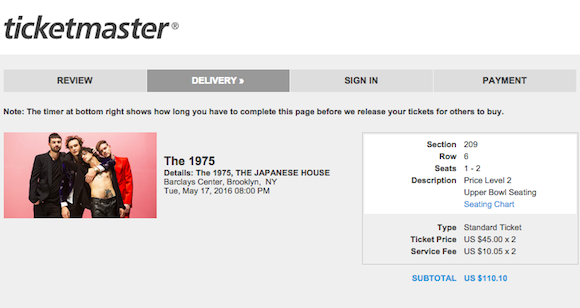
What remains frustrating across the board, despite the various — and occasionally rational — sources of these fees, is the lack of transparency on ticketing websites. When you see a $10 ticket online that ends up being $13.50, you think to yourself, Well, why didn’t you just say so? If airlines have already made the move to showing all taxes and fees on the homepage, it seems silly that these online ticketing systems haven’t yet followed suit.
Neither Shugart nor Chovil had any sense that online ticketing might, by and large, ease up on the fees (or at least be more transparent about them) anytime soon. Both could only emphasize their level of community engagement, in contrast to straight for-profit models. It seems like the best we consumers can do, as hapless culture-seekers and adventure-lovers in the city, is to keep track of which ticket companies price gouge (it’s easy to tell, since they’re pretty much always making headlines for doing so) and stay far, far away from them.
Follow Sam on Twitter for hot-ticket humor at @ahoysamantha
Leave a Reply


